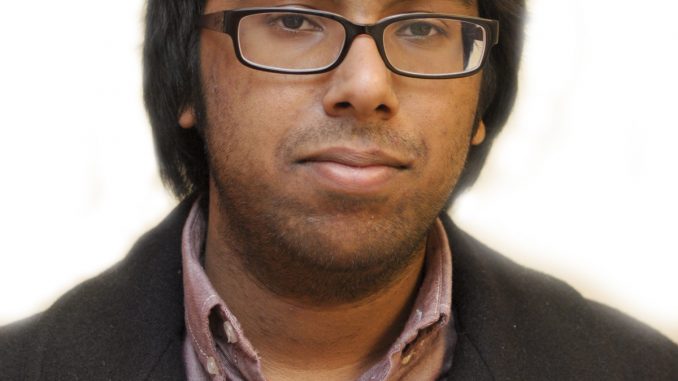
 The veil of anonymity afforded by the Internet makes fearless cultural commentators and confessors of us all.
The veil of anonymity afforded by the Internet makes fearless cultural commentators and confessors of us all.
But as electronic surveillance is heightened, our information shuttled off to parts and parties unknown and comment sections increasingly require some kind of ID registration, the opportunity of having your say without leaving a trace is intoxicating.
The occasionally obscene but often funny Temple University Confessions Twitter and Facebook accounts are a repository of students’ true secrets and potential lies given with just this privilege. A simple fill-in box with a ‘send’ button allows students to vent their frustrations over financial services, boast about conquests real or imaginary and just generally make pithy observations about university life anonymously. The accounts are not associated with the university.
Naturally, these confessions have gone to some weird places.
Barring the obvious “guys-impersonating-girls” and the occasional antisocial admissions of say, stealing toilet paper from the bathrooms or having sex on – or with, it’s not wholly clear – the #TUBigChairs, the twisted whimsy of Temple University Confessions gives way to something a little more unsettling. A spate of racist and misogynistic comments on the Facebook page has alluded to another side of the student body’s thinking.
The page’s administrator has had to set up “…a moratorium on confessions making a mockery of rape,” as well as those making potentially offensive stereotypes. As such, many of the offending stories have been removed, including one about Asian students using the study rooms in Paley Library to watch anime.
A confession posted on Aug. 3 said, “As a black female freshman and from looking at all these confessions, I’m worried about having a racist roommate and/or having to face racial slurs.”
The rogue confessions haven’t just made inflammatory comments on race – there have been similarly eye roll-inducing misinterpretations of feminism as well.
“Does giving a feminist some good ‘D’ make her stop being a feminist?” one confessor asked earlier this month. Somewhere, Judith Butler has just had a brief stroke.
Philadelphia cannot exactly claim to have achieved the multiculturalism of major metropolises like London or even Toronto, and that’s reflected in many of the comments on Temple University Confessions. In March 2013, Philadelphia magazine ran the story “Being White in Philly,” which led to a veritable crucifixion of journalist Robert Huber at a town hall meeting. It was the magazine’s attempt to start an unfettered conversation about the issue of race in Philadelphia, but it devolved somewhat into generalization and superstition. What’s worse is that Temple students can skirt the realities of discussion by anonymously commenting.
It’s difficult to ascertain just how much truth there is to each confession. I pray to various deities that the confession about 7-Eleven and a certain bodily fluid is a work of fiction. And given their nameless, faceless nature, it’s tempting not to give them much thought.
But if it is the truth, it represents a raw, unfiltered depiction of the way students view other races and creeds on campus. And in many cases, there’s pure vitriol for the “otherness” of others. While I’m all for Internet anonymity – anything to avoid having to “sign in with Facebook”– it’s easy for some to use this facelessness as a way to relinquish even having to think about the impact of their comments.
Oh, and it’s probably best you all stop doing certain things on or with the #TUBigChairs. I’m fairly certain tour groups sit on those things.
Sunil Chopade can be reached at sunil.chopade@temple.edu.


Be the first to comment